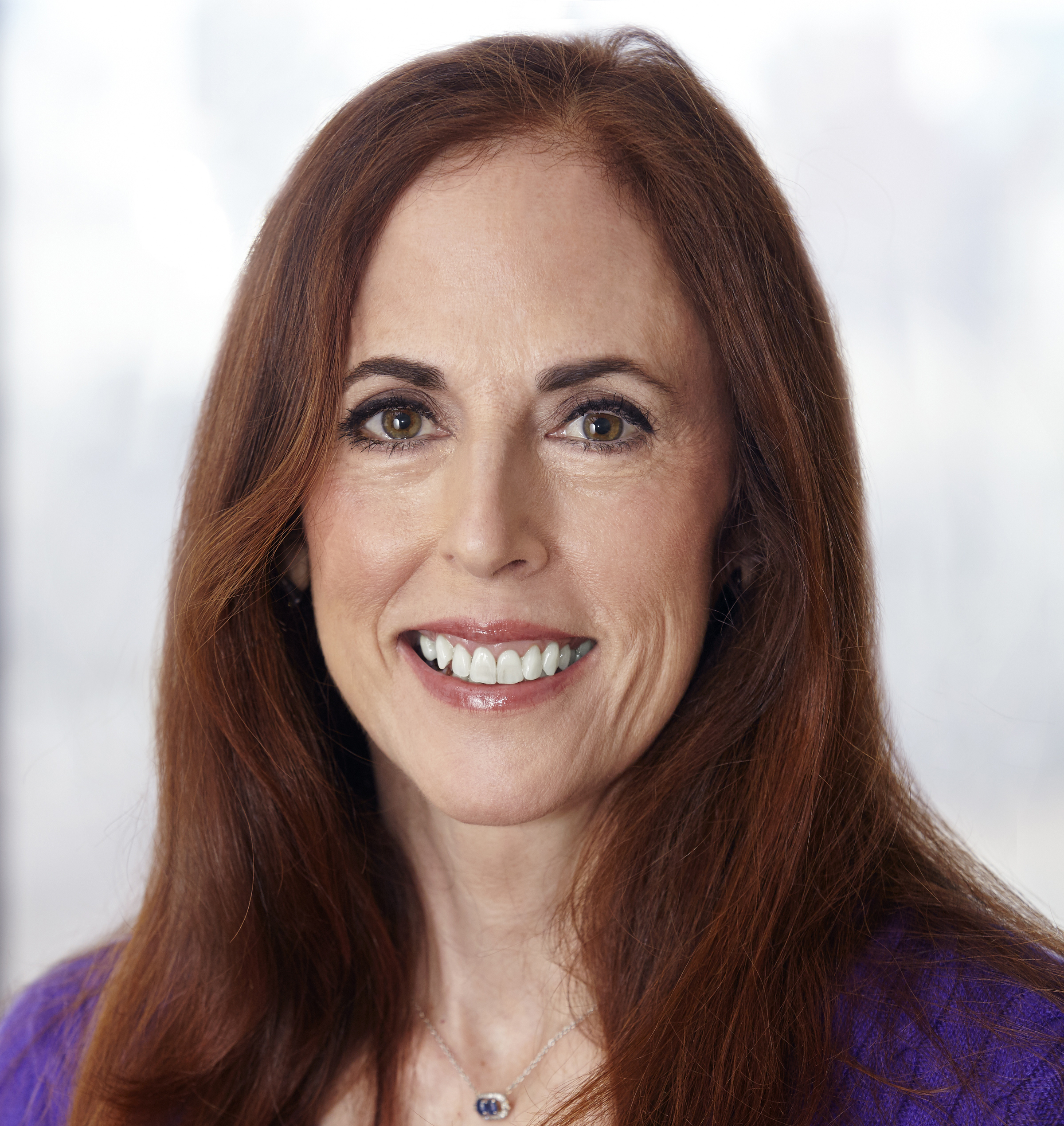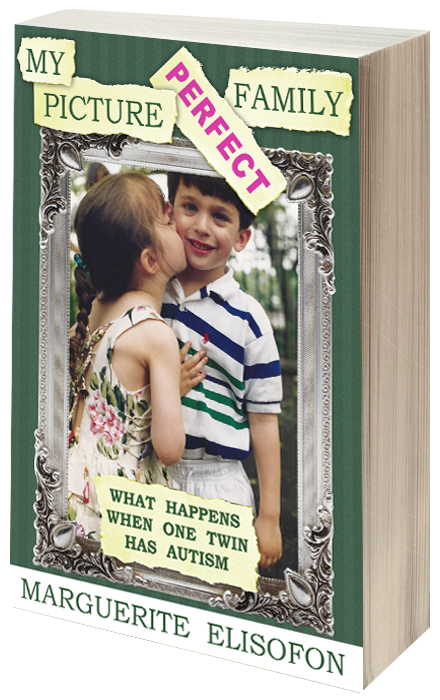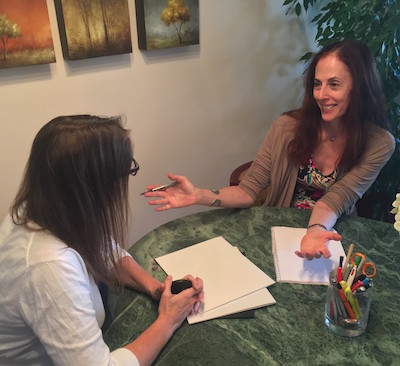 Auditions and autism may seem like two words that are incompatible—an oxymoron even. But in the past two weeks my daughter Samantha (yes, an actress with autism) has gone on four audition.
Auditions and autism may seem like two words that are incompatible—an oxymoron even. But in the past two weeks my daughter Samantha (yes, an actress with autism) has gone on four audition.
The first and most exciting audition was for the role of a young woman with autism who acted sweet and bubbly and shared too much information. Sounds like my daughter, right? As it happens the pilot “Until the Wedding” is scheduled to shoot in March. If by some miracle Samantha is cast as Laura, what an incredible, unparalleled birthday gift that would be for her momager! But I know not to get my hopes up. There are literally droves of actors auditioning in LA and New York for the parts of Laura and Ben, a couple with autism who meet at a wedding.
Hollywood (and hopefully the rest of the world) is finally awakening to the idea of inclusive and authentic casting. Slowly, the stereotypes (and caricatures) of people with autism are changing. Not all people on the spectrum hate crowds, loud noises, bright lights, avoid eye contact, don’t like to be touched, or are incapable of empathy. People on the spectrum are not necessarily shy and withdrawn either. Some, like my daughter, are social and effusive.
 Anyone who has seen Keep the Change knows that Samantha (and her character Sarah) enjoy physical and emotional intimacy, make eye contact and—most importantly—ARE capable of empathy. The misconception that people with autism are incapable of empathy, or putting themselves in someone else’s shoes, is probably the main reason why directors and casting agents so often fail to look beyond neurotypical actors. The other obvious reason is the fear that actors with autism will be slow to understand and follow directions, requiring more time and patience than neurotypical actors. While it may be true that actors with autism need more direction, it’s also true that actors with autism can deliver profoundly earnest performances that inspire audiences—especially in these days when fake news is making people numb.
Anyone who has seen Keep the Change knows that Samantha (and her character Sarah) enjoy physical and emotional intimacy, make eye contact and—most importantly—ARE capable of empathy. The misconception that people with autism are incapable of empathy, or putting themselves in someone else’s shoes, is probably the main reason why directors and casting agents so often fail to look beyond neurotypical actors. The other obvious reason is the fear that actors with autism will be slow to understand and follow directions, requiring more time and patience than neurotypical actors. While it may be true that actors with autism need more direction, it’s also true that actors with autism can deliver profoundly earnest performances that inspire audiences—especially in these days when fake news is making people numb.
For those in the entertainment industry willing to depict what life with autism is really like, a little extra time and accommodation will be well worth the result. Truth is in frighteningly short supply these days, but most audiences can still recognize and value authenticity when they see it. Even producers who are less open minded and more focused on the bottom line, should realize that there is a BILLION dollar market among disabled people, their friends and families who are yearning for accurate portrayals, rather than falsely entertaining (and often accidentally mocking) caricatures.
 Thank God, some corporations have already seen the light and are requesting actors with autism. Samantha’s second audition was a print ad for Target clothing on the internet. According to my daughter’s agent, Target prides itself on diversity and inclusion of people with disabilities. I worry that my daughter’s autism is not obvious in her photographs. I’m guessing Target may prefer obviously disabled people in wheelchairs, with CP or Downs’ Syndrome. If the disability is visible, the company gets credit for compassion. (I don’t blame them.)
Thank God, some corporations have already seen the light and are requesting actors with autism. Samantha’s second audition was a print ad for Target clothing on the internet. According to my daughter’s agent, Target prides itself on diversity and inclusion of people with disabilities. I worry that my daughter’s autism is not obvious in her photographs. I’m guessing Target may prefer obviously disabled people in wheelchairs, with CP or Downs’ Syndrome. If the disability is visible, the company gets credit for compassion. (I don’t blame them.)
Samantha has a lovely photogenic face, just like many neurotypicals. But unlike much of her neurotypical competition, she is nowhere near model-thin. It seems likely to me that Samantha will not show off Target’s clothing at its best, nor will her photos present her as disabled. Oh well.
Audition number three was for a corporate video, but that filmed today, so scratch it off the list.
Last and most unlikely, was Samantha’s audition for Lady Macbeth. As her first audition competing with neurotypical actresses, I’m guessing her chance of getting such a complex and demanding role is probably zero. But anyone who knows Samantha and me, understands that we embrace challenge as a learning experience. Any audition is great practice, since acting opportunities are few and far between for EVERYONE.
The Lady Macbeth audition turned out to be a very different kind of challenge than I envisioned. First, Samantha got (slightly) lost but kept her cool. After arriving, she buzzed to get into the building and no one answered. Although frustrated and freezing in 50 mile per hour winds, she waited till someone left the building so she could enter. As instructed, Samantha went to the third floor. Nobody was there. Downstairs again, she learned that the audition had been moved to the fourth floor. At 3 pm she joined a group of actors for warm up exercises. Finally she audition during her 4:45 appointment, but she was asked to read for a different Shakespearean role than Lady Macbeth.
“How did it go,” I asked. “What did they say?”
“The director told all of us that she’d seen enough.”
 Cross another one off the list. But I am SO PROUD of Samantha for persevering through an extremely disorganized and frustrating experience without melting down. Remaining (relatively) calm and professional in trying situations like the Lady Macbeth audition bodes well for her future. Slowly, but surely, she is learning patience and better self-control.
Cross another one off the list. But I am SO PROUD of Samantha for persevering through an extremely disorganized and frustrating experience without melting down. Remaining (relatively) calm and professional in trying situations like the Lady Macbeth audition bodes well for her future. Slowly, but surely, she is learning patience and better self-control.
Speaking of patience, we are now waiting to hear the results of Samantha’s pilot and print auditions. My fingers and toes are crossed. (But I am not holding my breath). Still, I’m hoping and praying that my daughter’s fabulously successful debut in Keep the Change was not just an Andy Warhol moment. Hasn’t it become obvious that there are TONS of talented actors on the spectrum, as evidenced by the brutal competition for the limited roles that exist where authentic casting is a priority?
Samantha is now 28 and, sadly, most of the roles are skewing younger. In addition to her disability, my daughter must contend with age, gender (and, yes, weight too). Anyone reading this who is a talented script writer, producer, or casting agent, I hope you will consider talented actors with autism FIRST. Not just because you are moral and compassionate, but because you will produce a better product and tap into a mostly under served and steadily increasing market (1 in 59 kids born with autism!) Hollywood should be writing more scripts with REAL autism stories. I might just write one myself!





 Marguerite Elisofon is a New York City writer and the author of My Picture Perfect Family, a memoir about how her family navigated life with a child on the autistic spectrum before the internet and support groups existed. She also blogs about parenting young adults and disability related issues in The Never Empty Nest. Her writing has been featured in a variety of publications, including Time and NY Metro Parents magazine, and her family’s story has been featured by the NY Post, Fox News, The Daily Mail, and on Jenny McCarthy’s Dirty Sexy Funny radio show. A Vassar graduate, Marguerite was born and raised in New York City, where she still lives with her husband, Howard, in their mostly-empty nest. She is available to speak about a wide variety of issues relating to twins, parenting, and autism.
Marguerite Elisofon is a New York City writer and the author of My Picture Perfect Family, a memoir about how her family navigated life with a child on the autistic spectrum before the internet and support groups existed. She also blogs about parenting young adults and disability related issues in The Never Empty Nest. Her writing has been featured in a variety of publications, including Time and NY Metro Parents magazine, and her family’s story has been featured by the NY Post, Fox News, The Daily Mail, and on Jenny McCarthy’s Dirty Sexy Funny radio show. A Vassar graduate, Marguerite was born and raised in New York City, where she still lives with her husband, Howard, in their mostly-empty nest. She is available to speak about a wide variety of issues relating to twins, parenting, and autism. 